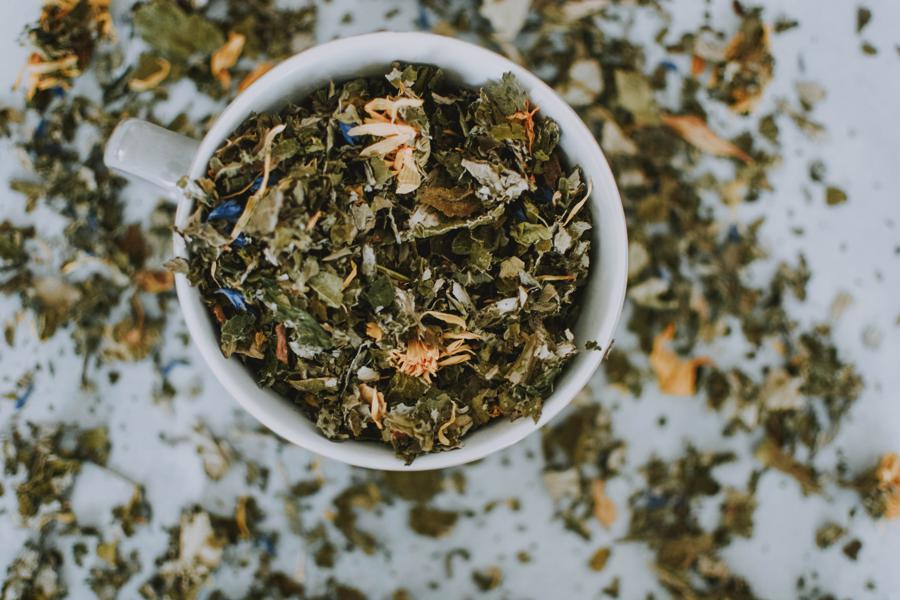Side Effects Of Green Tea
Green tea is becoming increasingly popular among health-conscious individuals. It is known to have many health benefits, including weight loss, improved immunity and cognitive function, and protection from heart disease. However, green tea also has some side effects that can be unpleasant or even dangerous.
However, green tea also has some side effects that can be unpleasant or even dangerous. In this blog, we’ll look at some of the potential side effects of green tea so you can make an informed decision about whether to include it in your diet.
Health benefits of green tea

Green tea has long been celebrated for its many health benefits. From boosting your metabolism and aiding in weight loss to improving your heart health and reducing your risk of certain types of cancer, green tea is a great addition to any health-conscious lifestyle.
However, drinking green tea can also come with a few side effects. While most of these are minor and temporary, it’s important to be aware of the potential risks of drinking green tea. This way, you can enjoy the many benefits of green tea without suffering from any uncomfortable side effects.
Potential side effects of green tea

Green tea is often touted for its many health benefits, but there may be some potential side effects to consider. While green tea has been linked to improved heart health, weight loss, and better blood sugar control, it can also cause an upset stomach, headaches, dizziness, and increased blood pressure in some people. Additionally, people who are sensitive to caffeine may experience jitters or increased anxiety when drinking green tea.
To reduce these effects, it’s important to watch your caffeine intake and avoid drinking green tea late in the day.
Who should avoid drinking green tea

For those who are sensitive to caffeine, drinking green tea can have some unwanted side effects. Those with anxiety disorders, heart conditions, or high blood pressure should be particularly cautious about their intake of green tea.
Consuming too much caffeine can lead to increased heart rate, restlessness, and difficulty concentrating. Additionally, people with iron-deficiency anemia should avoid green tea since it can interfere with the absorption of iron. Pregnant and breastfeeding women should also be mindful of their caffeine intake from green tea as it can have an effect on the baby.
Even though green tea has many health benefits, it is important to be aware of any potential risks when it comes to consuming it.
How to minimize the side effects of green tea

Green tea is a popular beverage that is filled with many health benefits – however, it can also have some side effects. While these side effects are generally mild, it’s important to be aware of them in order to minimize any potential risks. To reduce the side effects of green tea, we recommend limiting your intake to no more than three cups per day, avoiding green tea extract supplements, and drinking plenty of water throughout the day.
Additionally, if you experience any negative side effects, it’s always best to consult with a healthcare professional. With these simple tips, you can enjoy the many benefits of green tea without worrying about the potential risks.
Alternatives to green tea

If you’re looking for something to switch up your routine tea or coffee break, you may want to consider the alternatives to green tea. While there are many potential health benefits associated with green tea, its caffeine content and other side effects might be too much for some. From herbal teas to matcha lattes, there are plenty of other ways to get your daily dose of antioxidants and other health benefits.
Taking a look at the side effects of green tea can help you decide which beverage is right for you. Green tea does contain caffeine, which can lead to increased heart rate, restlessness, and nervousness in some people.
Additionally, green tea can interact with certain medications, so it’s important to check with your doctor if you’re taking any medications before drinking it. Other alternatives to green tea, such as herbal teas, can provide all of the same health benefits without the potential side effects of caffeine. Matcha lattes are a great option if you want something with a bit of caffeine, but without the same intensity of regular coffee.
Matcha lattes are a great option if you want something with a bit of caffeine, but without the same intensity of regular coffee. Matcha is a form of green tea, but it’s much lower in caffeine content. It also contains other beneficial compounds, such as catechins, which can help boost your immune system.
There are plenty of other options to switch up your morning tea or coffee routine, so consider the side effects of green tea and find the beverage that works best for you!
Summary and final thoughts

The side effects of green tea are often overlooked, but they are important to consider when adding this popular beverage to your diet. While green tea is generally considered to be healthy and a great source of antioxidants, it can also come with some potentially unpleasant side effects.
These can range from mild stomach upset to more serious issues like increased risk of certain cancers. It is important to be aware of these potential risks and monitor your health if you decide to consume green tea regularly. With that in mind, green tea can be a great addition to your diet and lifestyle when taken in moderation.
Bottom Line
In conclusion, green tea has many potential health benefits and few side effects. While it may not be a miracle cure for all ailments, its antioxidants and anti-inflammatory properties can help improve overall health and well-being.







